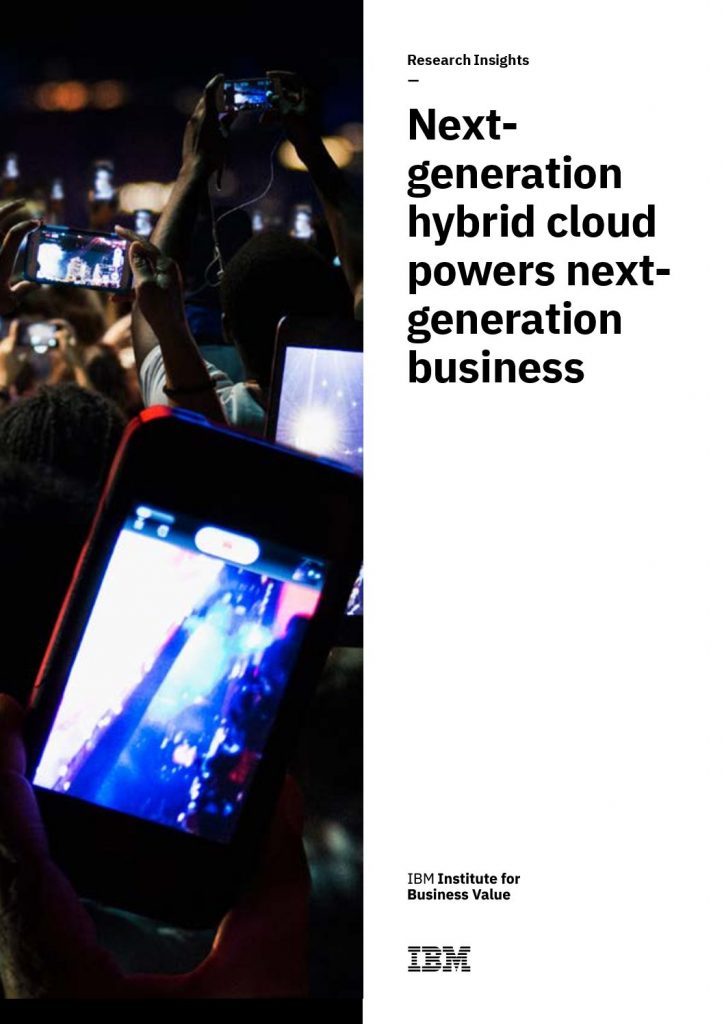Hybrid cloud permits public clouds, private clouds, and on-premises IT to interoperate seamlessly across all three standardized technology interfaces: Linux, Open Container Initiative, and Kubernetes. These enable businesses to innovate with scale and agility, improving responsiveness and constraining cost, despite growing complexity.
Hybrid cloud allows workloads to be deployed to the best environment for that workload.
– Public clouds are well suited for many front-office workloads
– Private clouds are well suited for many of the missioncritical workloads where the benefits of cloud are desirable—but the security and assurance of a private environment is key
– And traditional IT environments are suited for workloads that don’t inherently take advantage of cloud benefits—and demand the dedication of computing resources.






